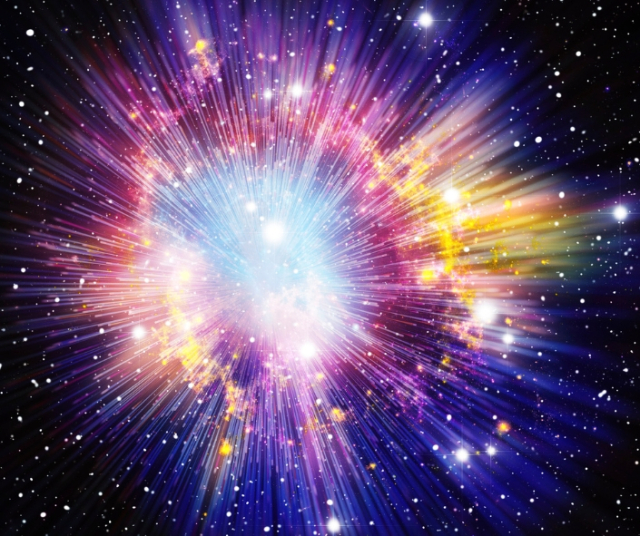The Big Bang theory represents one of the most shocking and revolutionary ideas in the history of science. It provides a coherent and convincing explanation of the origin of the universe, from its explosive birth to the formation of galaxies, stars and planets. In this article, we will delve into the deeper details of this theory, exploring its historical context, the scientific advances that support it, and the implications it has had for our understanding of the cosmos.
Historical Background and Scientific Context.
The Search for the Origin of the Universe in Antiquity.
Since time immemorial, humanity has been curious about the origin and nature of the universe around us. Ancient civilizations around the world developed mythologies and cosmogonies to explain the creation of the cosmos, but it was in the modern era that scientists began to seek answers based on observation and logical reasoning.
The Copernican Revolution and Modern Cosmology.
The work of astronomers such as Nicholas Copernicus, Johannes Kepler and Galileo Galilei in the 16th and 17th centuries laid the foundations of modern cosmology. The Copernican Revolution, which postulated that the Earth orbited the Sun rather than being the center of the universe, radically changed our conception of the cosmos and set the stage for future theories about the origin of the universe.
The Discovery of the Expansion of the Universe.
One of the most significant advances in modern cosmology was Edwin Hubble's discovery of the expansion of the universe in the 1920s. By observing distant galaxies, Hubble found that they were all moving away from us, suggesting that the universe was constantly expanding. This finding had profound implications for our understanding of the origin and evolution of the cosmos.
Formulation of the Big Bang Theory.
Georges Lemaître's Primordial Atom Hypothesis.
In 1927, Belgian physicist Georges Lemaître proposed a revolutionary idea: that the universe had begun as a "primordial atom," a cosmic singularity of infinite density and infinite temperature. This hypothesis laid the foundation for what would later be known as the Big Bang theory.
Theory Development by Gamow, Alpher and Herman.
In the 1940s, Russian physicist George Gamow and his collaborators, Ralph Alpher and Robert Herman, expanded Lemaître's hypothesis into a more complete theory of the Big Bang. They proposed that the universe had begun as an extremely dense and hot spot and had since expanded and cooled over time.
Observational Evidence of the Big Bang.
Microwave Background Radiation.
One of the strongest pieces of evidence for the Big Bang theory is the existence of microwave background radiation. Accidentally discovered in 1965 by Arno Penzias and Robert Wilson, this radiation is a remnant of residual heat from the early universe, which has cooled and expanded since the time of the Big Bang.
The Expansion of the Universe.
The observation of the expansion of the universe, first made by Edwin Hubble in the 1920s, remains one of the strongest tests of the Big Bang theory. The idea that the universe is expanding implies that it must have been more compressed in the past, which is consistent with the idea of a universe that began as a singularity.
Cosmological Models of the Big Bang.
Cosmic Inflation.
One of the most important developments in the Big Bang theory is the concept of cosmic inflation. This theory postulates that the universe experienced rapid exponential expansion in the first moments of its existence, which explains the uniformity and homogeneity observed in the large-scale cosmos.
Multiverse and Other Variations.
Some versions of the Big Bang theory suggest the possibility of a multiverse, where our universe is just one of many universes in a vast, complex cosmic landscape. These speculative models continue to be debated and explored by cosmologists.
Philosophical and Cultural Implications.
The impact of the Big Bang theory extends beyond science, affecting our understanding of humanity's place in the universe and our beliefs about the origin and purpose of existence. It has inspired philosophical and religious reflections and influenced popular culture, becoming an integral part of our understanding of the cosmos.
The Big Bang theory has transformed our understanding of the universe, from its explosive origin to the formation of galaxies, stars and planets. Over the years, it has been supported by a wide range of observational evidence and has given rise to innovative theoretical developments, such as cosmic inflation and the idea of multiple universes. Although there remain unanswered questions and mysteries to be solved, the Big Bang theory remains the dominant conceptual framework in modern cosmology and continues to inspire new research and discoveries in the field of astronomy and physics.






